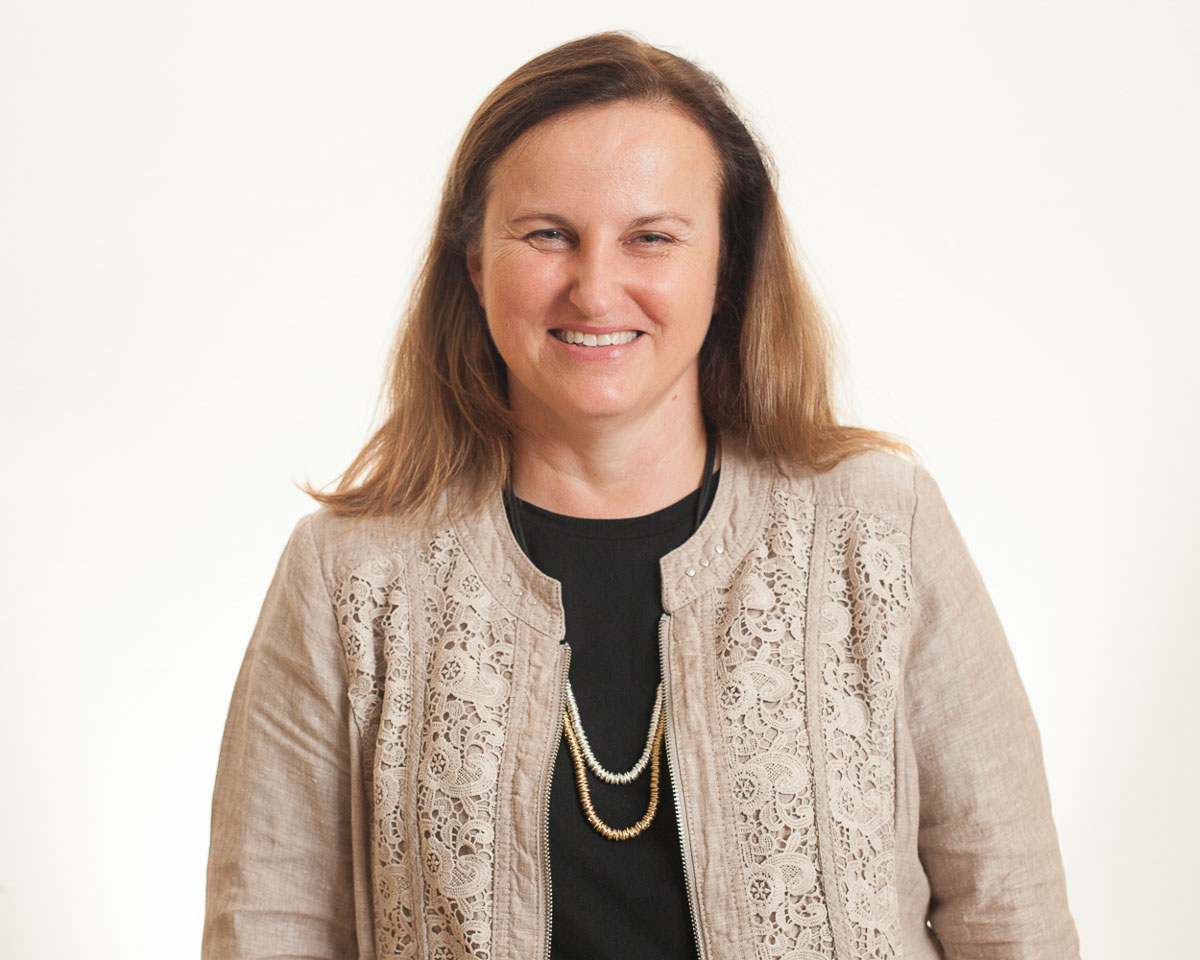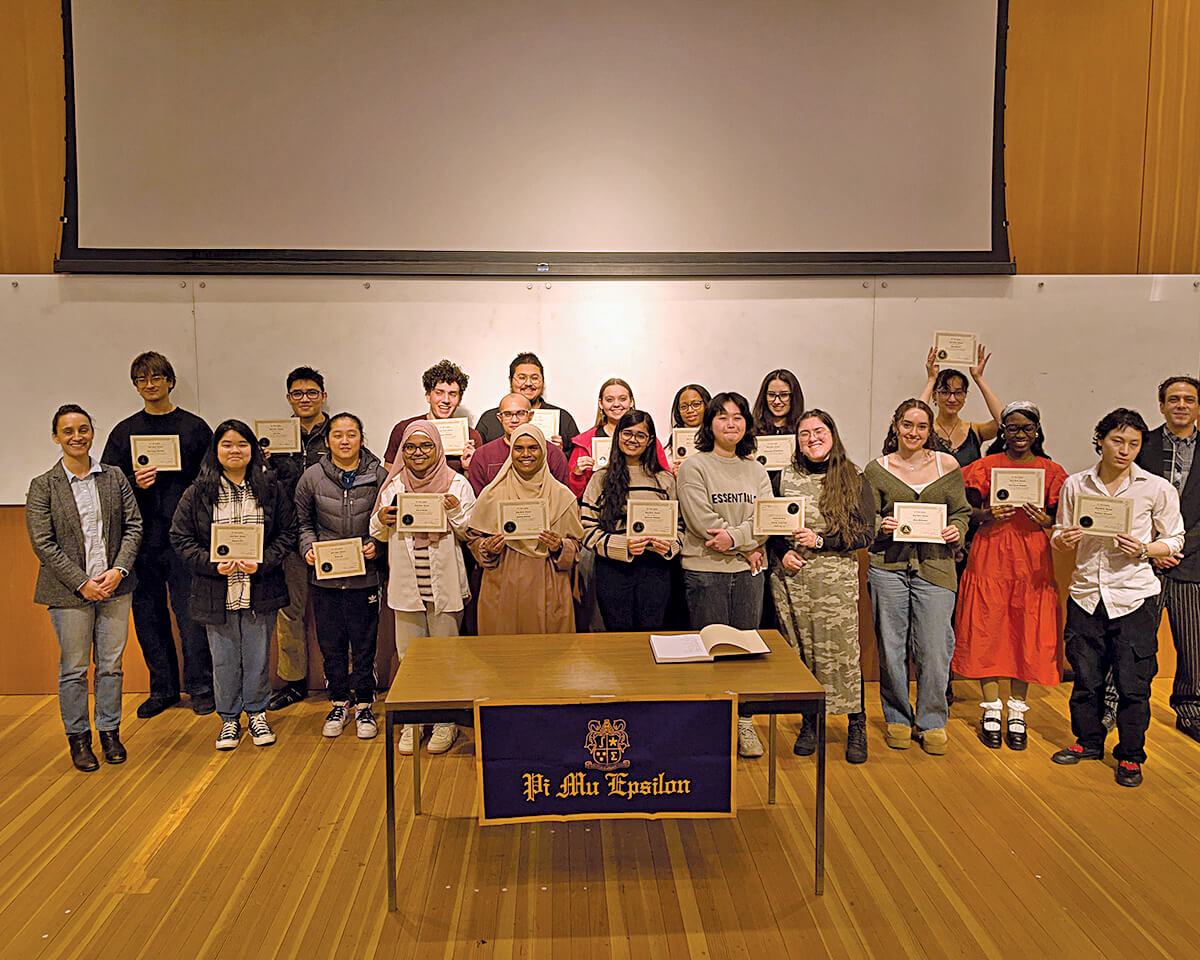Jolanta Kruszelnicka is a lecturer in Brooklyn College’s Health and Nutrition Sciences Department who is helping to spearhead a new course on the coronavirus—COVID-19: Public Health Perspectives. The course (HNSC 5191) is open to all students and involves faculty from Health and Nutrition Sciences and the CUNY Graduate School of Public Health & Health Policy. Various faculty will share their expertise on aspects of the current crisis, the history of pandemics, and related issues. We spoke to Kruszelnicka, an expert on environmental health and disaster preparedness, about this timely course.
BC: Tell us a bit about yourself and your role in this course.
JK: I have a background in environmental and occupational health sciences combined with experience in OSHA’s safety training, disaster preparedness, and an interest in related issues, including environmental sustainability. For years I volunteered at the New York City Community Emergency Response Team, where I conducted disaster preparedness training throughout city neighborhoods. I am also a member of the NYC Test & Trace Community Advisory Board and the NYC Department of Health Emergency Partner Engagement Council, which are both related to this course. I also have participated in community meetings, presentations, and discussions with the NYC Department of Health and Mental Hygiene Emergency Partner Engagement Coalition, which was activated in February.
My education and experience allow me to view and assess the current pandemic through the lens of science, government preparedness, and active response to the issues of emerging diseases, public health, and workers’ safety.
My role is to prepare the course, coordinate and monitor the team’s presentations, present my own work, and grade students’ work.
BC: How did this course come about?
JK: We created the course after Professor and Deputy Chair of Health and Nutrition Sciences Michele Greene invited faculty to combine their expertise in COVID-19 to educate, inspire, and help students understand issues of this continuing worldwide crisis. The faculty’s response was spontaneous and unanimous, and we decided to merge presentations into one course and run it in spring 2021. I volunteered to prepare the course, and later on I was invited to run it.
BC: Who can take this course?
JK: The course is open to all undergraduate students, regardless of major, and there are no prerequisites. It will be taught synchronously one day a week online (1 hour, 15 minutes) and supplemented with Blackboard learning materials and assignments.
BC: What will students learn, and from whom?
JK: Students will be introduced to the coronavirus, the etiology of COVID-19, its history, and its similarities to other pandemics. The next step will be epidemiology and data analysis. The course will progress to public health topics focusing on social determinants of health, with discussions about COVID-19 and nutrition, health and economic disparities, mental health, substance abuse, dealing with death, worker protection, public health policy, health communication, and political implications. We will also analyze the U.S. and the world’s responses, including testing, tracing, and vaccine.
Each week, a different faculty member from the Department of Health and Nutrition Sciences at Brooklyn College or the CUNY Graduate School of Public Health & Health Policy will present the COVID-19 health issue, provide the latest information, and answer questions.
BC: How do you think this course could benefit students in the long term, post-pandemic?
JK: It will help mold the next generation of diverse experts in healthcare, public health, social work, nutrition, mental health, bereavement, epidemiology, biology, occupational health, disaster preparedness, policy, and health communications. Our students will be able to pursue their careers with an open mind to inter-scientific collaboration and a readiness to view the health issues and treatment as a broad and multidisciplinary concept.
We will help them become more qualified employees and be better prepared to face natural and manmade disasters.
During this past spring semester, many students, inspired by class discussions about COVID-19, applied for jobs with the New York City Test & Trace Corps, and some were hired. In our class, we will have a chance to meet some of the students and alumni who work as COVID-19 tracers and hear about their journeys and experiences.
Finally, one of the most critical aspects of disaster response is providing help, community mobilization, and education. We believe that our students will share their science-based knowledge with their families and neighborhoods, contributing to population health improvement.
BC: How many students are enrolled, and how can students get more information about the course?
JK: Currently, 26 students are enrolled. Those interested can register online or e-mail me or Professor Greene.
You can watch this interview here.
Course Presenters
From Brooklyn College
- Michele Greene, Dr.PH., Sociomedical Sciences
- Margrethe Horlyck-Romanovsky, Dr.PH., Public Health Nutrition
- Xinyin Jiang, Ph.D., Nutrition
- Kiyoka Koizumi, Ph.D., Health Education
- Jolanta Kruszelnicka, M.S., Environmental and Occupational Health
- Jerry Mirotznik, Ph.D., Epidemiology
- Enrique Rodriguez Pouget, Ph.D., Epidemiology
- Raymond Weston, Ph.D., Clinical Psychology
- Tracy Wong, Ph.D., Sociology and Public Health
- Alumni and Students, New York City Test & Trace Corps
From CUNY Graduate School of Public Health & Health Policy
- Elizabeth Eastwood, Ph.D., Health Policy and Management
- Jean Grassman, Ph.D., Environmental, Occupational, and Geospatial Health Sciences
- Sean J. Haley, Ph.D., Health Policy and Management



